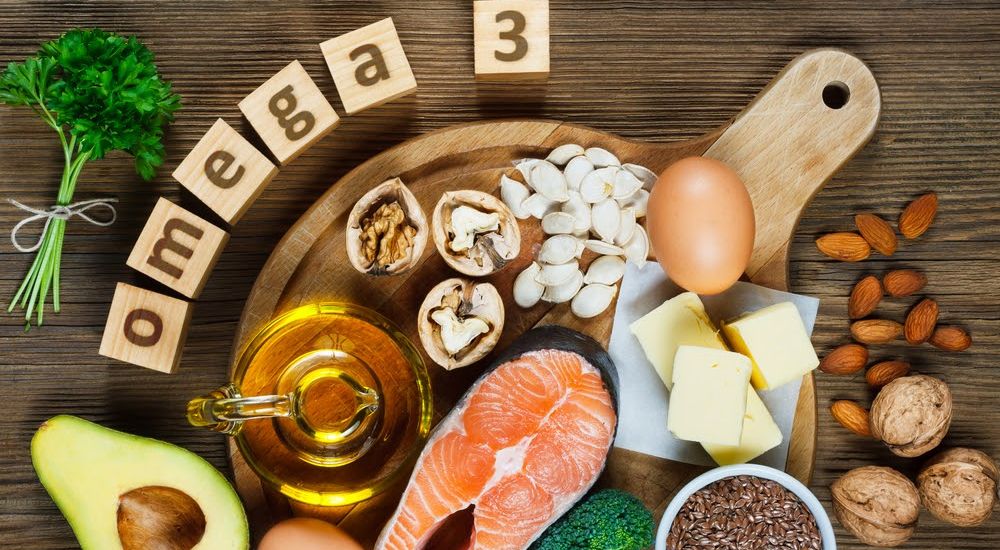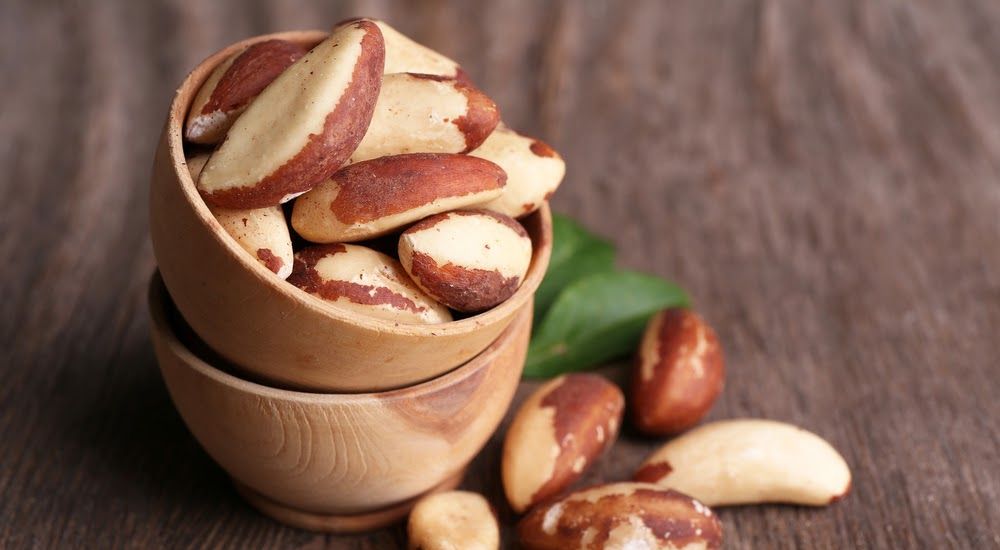You will find no lack of good, bad and plain-old ugly foods when you visit any grocery store in town. It is your job to govern these foods to best fit your style of living. For example, if you are gluten-intolerant, you do not want to fill your shopping buggy with loaves of bread, Bundt cakes and crackers.
A more reserved approach will be necessary to ensure you meet your dietary requirements without causing any side effects or reactions. Having said that, one thing that is often not given much attention is foods that are helpful for anxiety and depression.
The adverse to this is a myriad of foods that contribute to anxiety and depression, such as alcohol, processed carbs, simple sugars and foods high in saturated fat. An approach to bring yourself down, calm your anxiety and balance your mood is twofold.
The previous foods mentioned should be avoided while some key foods should be included. This is the recipe for optimal health and happiness. Here are some of these foods that you can start integrating into your diet if stress and anxiety are getting you down.
Sauerkraut
Over the past few years, there has been a big uptick in the consumption and home making of sauerkraut, and other fermented foods. And this is for good reason too. First of all, they go a long way in building good gut bacteria. This, in turn, enables you to break down foods better.
You are then left with better energy, more strength, and you guessed it, better moods and a more calm feeling. Additionally, they are derived from fruits and vegetables, which bring a lot of phytonutrients and antioxidants to the table.
Sauerkraut specifically is made from cabbage, which is a cruciferous vegetable. According to the Oregon State University Linus Pauling Institute, cruciferous vegetables have been shown to have anti-inflammatory properties and also help with the prevention of cancer.
Aside from sauerkraut, miso, kefir, kimchi, kombucha and apple cider vinegar all fall into the fermented category.
By adding any number of the above foods and beverages, you can get a two-fold benefit.


Omega-3-rich Foods
You have good fats and bad fats. The aforementioned saturated fats are the bad ones. Unsaturated fats are the good guys. One particular type known is omega-3 fatty acids, carry the banner when it comes to brain function, stress reduction, depression and anxiety.
The membrane that surrounds the brain is highly composed of fat. When your diet is low in omega-3 fatty acids, it tends to have an impact on this membrane, which then leads to the mental issues mentioned above.
By taking in good sources of omega-3s, you can flip the switch and avoid such pitfalls. Some of the best food sources of these healthy fats include cold-water fish like salmon, halibut, and albacore tuna, as well as various seeds and nuts like chia seeds, hemp seeds, walnuts and flax seeds.
Additionally, you can find omega-3s in supplement form. They are usually derived from fish oil in this case. According to researchers from the Harvard Medical School, people who supplemented with 2,000 mg a day experienced a noticeable reduction in anxiety. And the better news is, omega-3 fats are also good for cardiovascular health.
Greens
Of all the vegetables to choose from in the world, “greens” are probably the most popular. They are sometimes referred to as “leafy” greens, which pretty much spells it out. They include romaine hearts, bib lettuce, arugula, baby spinach, kale, collards and chard.
One of the main characteristics of these vegetables is that they are high in the nutrient magnesium. Although it is not talked about very often, this is quite possibly the most deficient mineral in the entire nation’s diet. And one of the things that can spawn from magnesium deficiency is anxiety and depression.
It is magnesium that’s responsible for nerve transmission through the entire body. When the nervous system is firing on all cylinders, you are at a low risk for anxiety, stress and depression. So it stands to reason that you would want to get as many magnesium-rich foods in your diet as possible.
Aside from greens, bananas, figs and avocados are also good sources. And, you can go even one step further and visit a float tank on a regular basis if you have one in your town.
This a pod with water in it that has about 1,000 lbs. of magnesium salt added. When you lie on the water, you literally float. The reason why it is so good is because your skin is highly absorbable, and you get a mega-dose of magnesium.


Selenium-rich Foods
Brazil nuts are not often looked upon as superfoods, but they arguably are. That’s because they are high in the potent mineral, selenium, which helps reduce inflammation in the body. By default, people with anxiety issues benefit from reducing inflammation because it is often a root cause for flare-ups.
You can also get your selenium fix from other sources too, like soy beans and mushrooms.
And one last benefit of Brazil nuts is that they are high in vitamin E. Not only has this been shown to benefit anxiety, but it’s good for heart health.
Roots
There are two specific roots that you want to include in your diet if you are struggling with anxiety. They include turmeric and ginger. Turmeric has an active compound called curcumin, which helps reduce inflammation on all levels in the body. And this has a transfer effect to the neurons in the brain, which can positively affect mood and anxiety.
Ginger has a similar effect, as well as improving gut health. Both of which can be found in root form and they are good to add to smoothies, oatmeal, pasta dishes and as a stand-alone supplement to a meal.
Inclusion is the Best Conclusion
As you can see, there is no shortage of foods that can assist with anxiety reduction. In order for any of them to work, you must include them in your meals on a daily basis for an extended period of time.
Taking the food route to reduce anxiety is much like exercising. You need to be disciplined and keep working at it for the long-haul.



